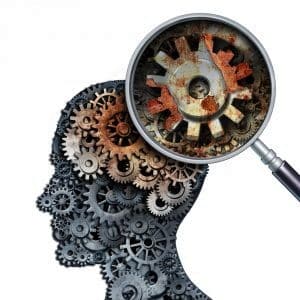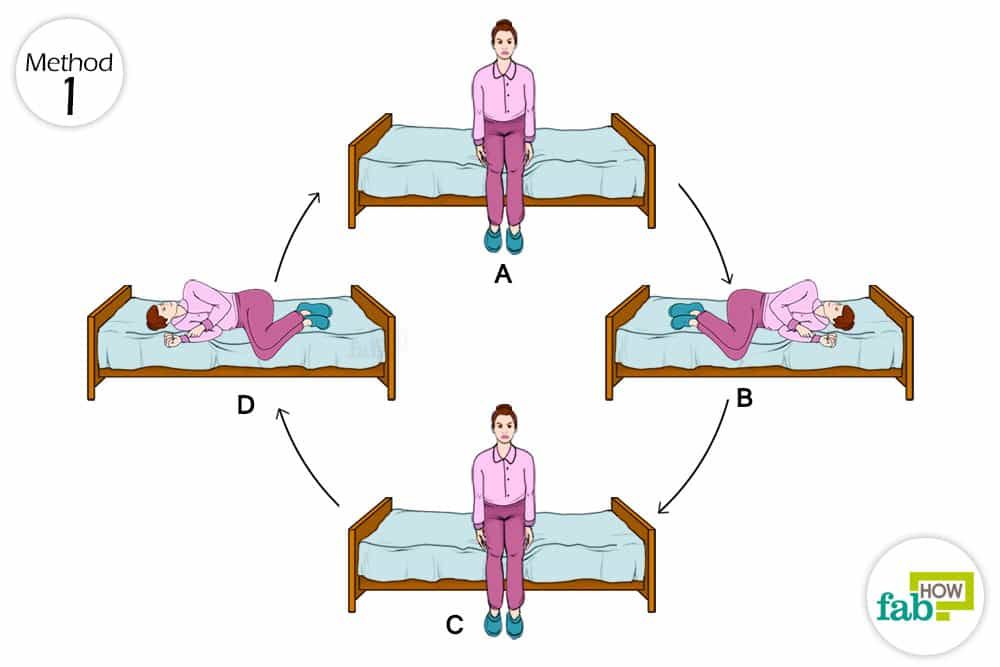A condition that makes the person unsteady while standing, sitting, or lying down and feels like moving, spinning, or floating is called balance impairment or balance disorder. Everyone may experience dizziness, but the term dizziness is something different for people who has balance impairment. A person needs balance for an individual’s functional independence. Health conditions, medications, or a severe problem in the brain or inner ear can be a reason for balance impairment, which affects the person’s daily life and creates psychological and emotional challenges. Let’s talk about the symptoms.
What are the Symptoms
A person with balance impairment may experience such symptoms:

- Vertigo or dizziness
- Staggering while the person is walking
- Disorientation or Confusion
- Blurriness in vision
- Floating sensation
- Faintness
- Lightheadedness
- Falling or feeling as if the person is going to fall
- Nausea and vomiting
- Diarrhea
- Changes in blood pressure and heart rate
- Decreased peripheral sensation
- Muscle weakness
- Limited range of motion of lower limb joints
- Pain syndrome
- Reduced central integrative processing and cognitive ability
- Anxiety
- Fear
- Panic
- Fatigue
- Depression
These symptoms are not the whole thing that a person experiences all the time, and these symptoms are not the same among all the people who are dealing with a balance disorder.
Types of balance impairment
Benign Paroxysmal Positional Vertigo (BPPV)
A condition that causes intense, brief episodes of vertigo or dizziness when moving the head. This situation happens when the person is rolling in bed or getting up in the morning.
Vestibular neuritis and labyrinthitis
The inflammation of the inner ear and/or the nerve connecting the inner ear to the brain.
Vestibular migraine
A type of migraine may cause a headache or not, including several debilitating symptoms that affect the balance, ears, or vision.
Ménière’s disease
Balance impairment is caused by vertigo episodes, dizziness, pressure in the ears, tinnitus, and hearing loss.
Cerebellar ataxia
Lack of muscle movement coordination which is caused by a dysfunction in a part of the brain. This is called the Cerebellum, which controls the force and timing of the muscle movements.
Sensory ataxia.
Lack of muscle movement coordination is caused by the sense loss of where difficult parts of the body are located about each other and the ground.
How to diagnose?
Before doing everything, to make sure if the person has balance impairment, the best way is answering the following questions:
- Am I unsteady?
- Does the room feel like spinning around me even for a brief duration of time?
- Does it give me the feeling of moving when I know I’m standing or sitting still?
- Do I lose the balance and fall quickly?
- Do I have the feeling of falling all the time?
- Do I have vision problems, or my vision become blurred?
- Do I lose the sense of place, time, or identity, or do I experience the feeling of disoriented?
- Do I experience fainting or lightheaded?
cerebral palsy
Being honest is the next step. If the person diagnoses more than one symptom, the best choice is visiting a specialist doctor with training in ear, nose, head, nose, and neck problems as soon as possible.
Be careful, because aging may increase the problems of balance impairment if they don’t treat well. It is essential to diagnose and treat with such disorder on time. According to the problem and the impairment level, some people may need remedies, and some others may need a physical therapist or other ways of treatment. The great way is to find the problem and use the best treatment suitable for the person.
To update the knowledge or learn about balance impairment treatments, be with us on next Thursday morning article!





